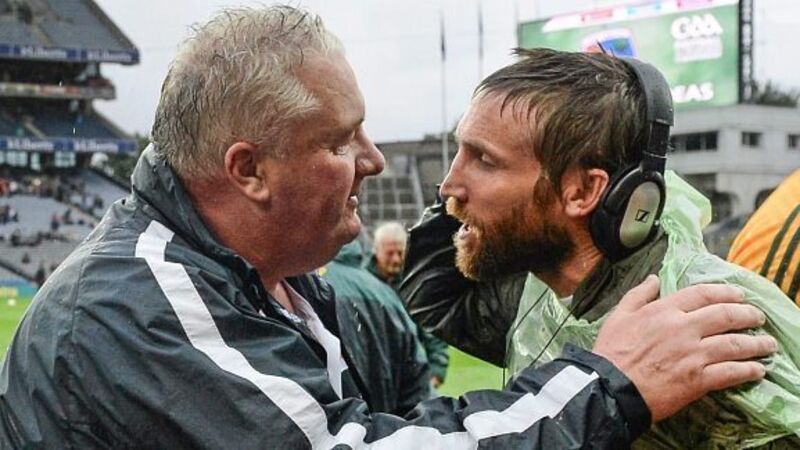Nothing to say about saying nothing

IS ANYONE truly upset about the Armagh footballers’ media ban?
The Armagh footballers aren’t. The management team isn’t. The vast majority of people in the country are no doubt getting on with their lives, beset on all sides by Irish Water, Russia’s ban on EU produce, the blizzard of World War I commemorations, but surviving all the same without the wit and wisdom of the Orchard County football team.












